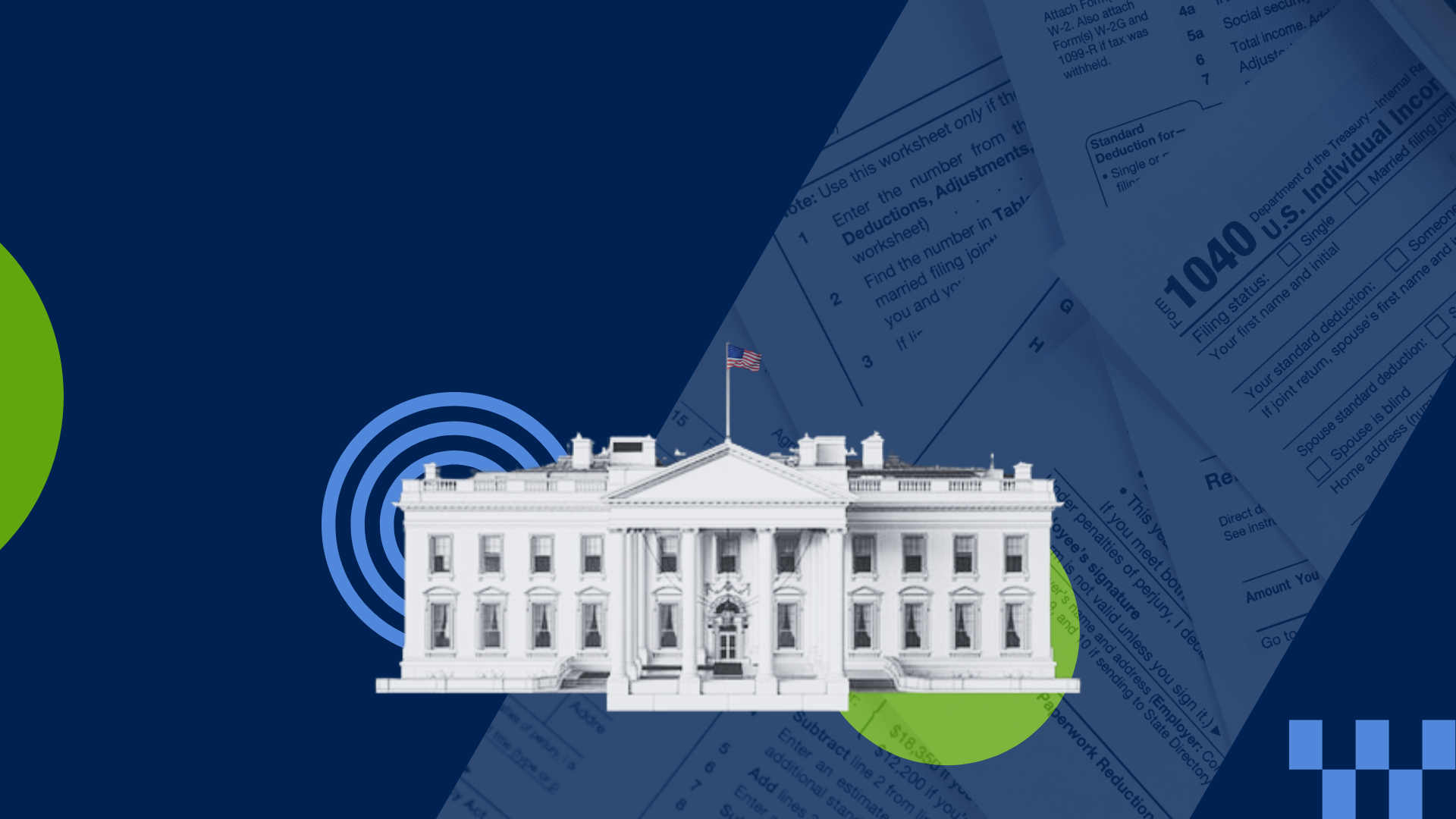
Updates & Resources on
The One, Big, Beautiful Bill Act
The One, Big, Beautiful Bill Act (OBBBA) extends and updates several tax provisions that could affect your business or personal finances. From bonus depreciation to changes in income deductions, it’s important to know what’s staying, what’s shifting, and how it all connects to your planning. Our team is closely monitoring the details and is here to help you navigate what these changes mean for your specific situation.
Quick Facts
-
On July 4, 2025, the One Big Beautiful Bill (OBBBA) Act was signed into law. Among its many changes, it extends and modifies the Child Tax Credit, impacting families across income brackets. Here's what you need to know:
The Child Tax Credit increases to $2,200 per qualifying child under age 17 for tax year 2025. It will be adjusted for inflation in future years.
The $500 credit for other dependents (ODC) remains and is not adjusted for inflation.
The income phaseout thresholds of $400,000 (married filing jointly) and $200,000 (others) are now permanent.
Starting in 2026, new lower phaseout thresholds apply: $110,000 (MFJ), $75,000 (Single), $55,000 (MFS).
A portion of the credit may be refundable through the Additional Child Tax Credit (ACTC). For 2025, the base limit on ACTC is $1,700 per qualifying child, indexed for inflation.
To claim the credit, your tax return must include valid Social Security numbers for you (or a spouse) and each qualifying child.
Children and other dependents must be U.S. citizens, nationals, or residents to qualify.
-
What Changed:
The OBBBA Act makes current individual, estate, and trust income tax rates permanent starting in 2026.Permanent Rates for Individuals:
10%, 12%, 22%, 24%, 32%, 35%, and 37%.Permanent Rates for Estates & Trusts:
10%, 24%, 35%, and 37%.Inflation Adjustment Change:
The 10% income bracket will now benefit from an additional year of inflation indexing, which means:More income will likely fall into the 10% bracket.
Less income will fall into the 12% bracket—starting in 2026 and beyond.
-
Personal & Dependency Exemptions Repealed
Starting in 2026, individuals will no longer be able to deduct personal or dependency exemptions on their tax returns.
The exemption deduction amount is permanently set to $0.
However, a dependent’s status still matters when claiming other tax benefits like the Child Tax Credit.
New Temporary Senior Deduction (2025–2028)An additional $6,000 deduction is available for qualified seniors.
To qualify, you must:Be age 65 or older before the end of the tax year (and your spouse too, if filing jointly)
Have modified AGI below:
$75,000 (Single)
$150,000 (Married Filing Jointly)
The deduction is reduced by 6% of income over the threshold amounts
You must include valid Social Security Numbers for both spouses (if married)
Qualified Disability Trusts
For 2025, the allowed deduction for qualified disability trusts is $5,100
This amount will be adjusted annually for inflation
IRS Wage Levy Adjustments
The amount of wages exempt from IRS levy is now tied to:
Your standard deduction
Plus $5,100 per dependent (2025 value, indexed annually)
This total is divided by the number of pay periods
Only the first 15% of wages is not protected
-
Standard Deduction Increases Permanently
The OBBBA Act makes permanent the higher standard deduction amounts originally introduced by the Tax Cuts and Jobs Act (TCJA) and increases them further starting in 2025.
2025 Standard Deduction Amounts:
$31,500 – Married Filing Jointly
$23,625 – Head of Household
$15,750 – Single or Married Filing Separately
These amounts will be adjusted annually for inflation beginning in 2026.
Personal & Dependency Exemptions Repealed (Permanent)
As of 2026, you can no longer deduct personal or dependent exemptions on your return.
These amounts are now permanently set to $0 under the new law.
However, dependents still matter for other credits, such as the Child Tax Credit.
Temporary Senior Deduction (2025–2028)
Taxpayers age 65 and older may be eligible for a $6,000 deduction, separate from the standard deduction.
To qualify:
Must be 65 or older before year-end (and spouse, if joint return)
Phase-out begins at:
$75,000 (Single)
$150,000 (Married Filing Jointly)
Deduction is reduced by 6% of income over the threshold
Valid Social Security Numbers are required for both spouses (if applicable)
What This Means for You
If you typically claim the standard deduction, you’ll likely benefit from a higher deduction starting in 2025.
If you’ve previously claimed exemptions for yourself or dependents, those deductions are now eliminated—but other credits may still apply.
Seniors may want to review income thresholds to determine eligibility for the temporary $6,000 deduction.
-
SALT Deduction Cap Temporarily Increased (2025–2029)
If you itemize deductions, the OBBB Act temporarily raises the cap on the State and Local Tax (SALT) deduction—a potential benefit for taxpayers in high-tax states.
New SALT Deduction Limits:
2025: $40,000 ($20,000 if MFS)
2026: $40,400 ($20,200)
2027: $40,804 ($20,402)
2028: $41,212 ($20,606)
2029: $41,624 ($20,812)
2030 & beyond: reverts to $10,000 ($5,000)
Phaseout for High Earners
The expanded SALT deduction phases out for higher-income taxpayers.
Your SALT deduction is reduced by 30% of the amount your modified AGI exceeds the threshold.
AGI Phaseout Thresholds:
2025: $500,000 ($250,000 if MFS)
2026: $505,000 ($252,500)
2027: $510,050 ($255,025)
2028: $515,151 ($257,575)
2029: $520,302 ($260,151)
Your deduction will never fall below $10,000 ($5,000 MFS)—no matter your income.
Modified AGI excludes foreign earned income, foreign housing, and U.S. possession income.
Still Using a Pass-Through Entity (PTET)?
The OBBB Act preserves the workaround for pass-through entities (partnerships and S corps) to elect entity-level state taxes—helping avoid the SALT cap altogether in some states.
Contact Us
info@mh.cpa




